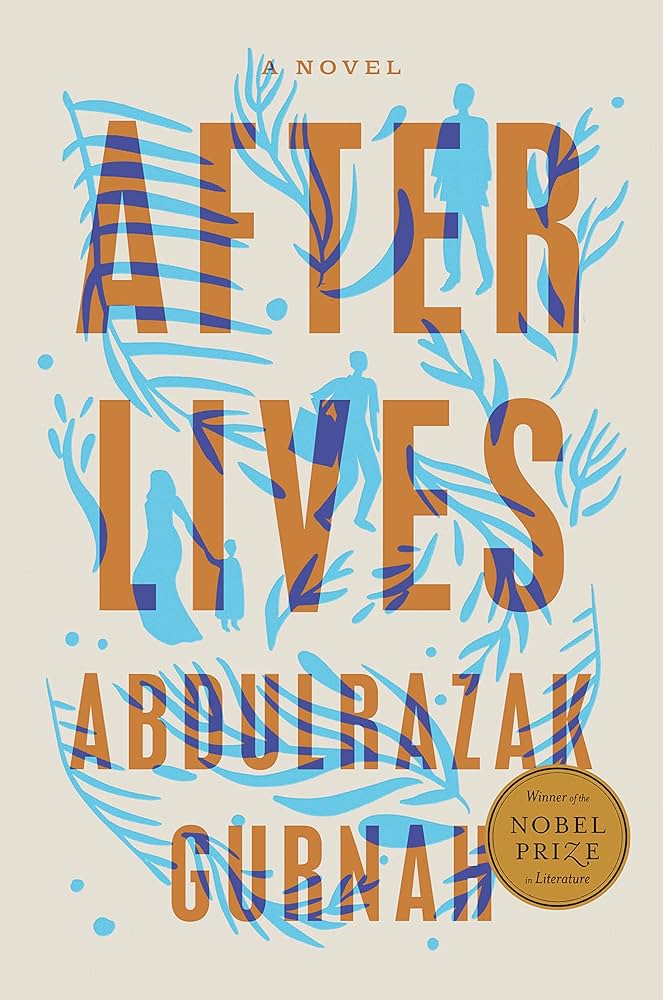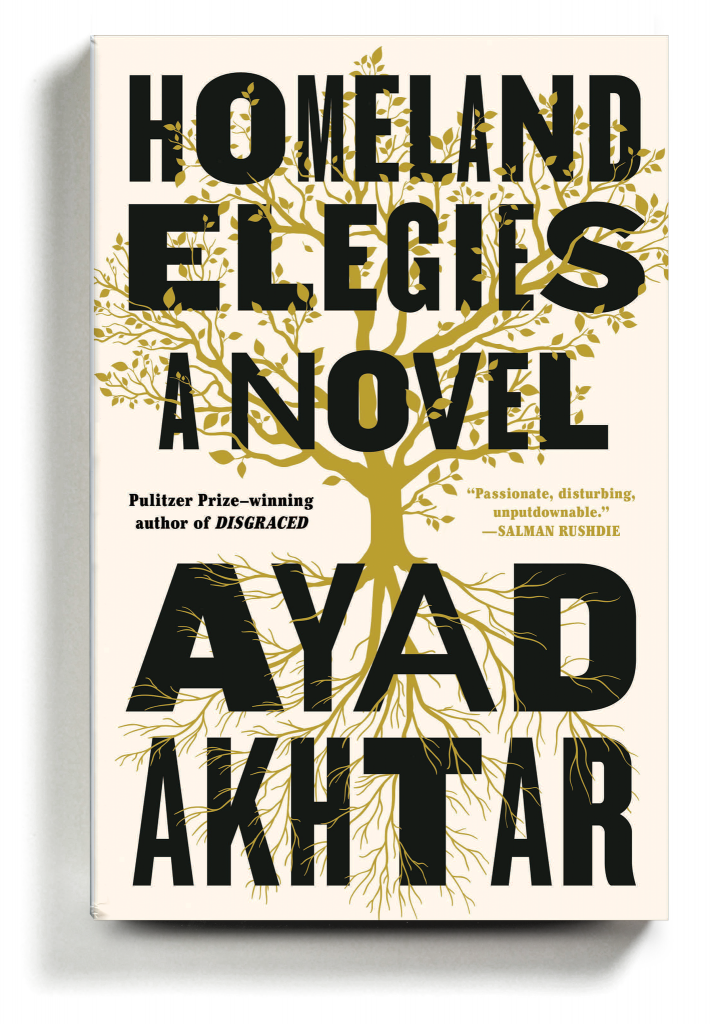
Gurnah won the 2022 Nobel Prize for literature and it is evident why in Afterlives, a vision of life on the ground in East Africa under German occupation. As the 19th century was drawing to a close, the eastern seaboard of the continent was carved up and ingested by Germany, Great Britain, Italy, and France. Before swallowing they chewed up natives in ground wars that rolled across towns, ports, and villages.
Gurnah follows a family of Indian muslims and a couple of indigenous Tanzanians who we get to know on an individual basis as they go about their daily business. They get jobs, some learn to read and write, they pray in the mosque if they are religious, they have marriages (good and bad), sometimes join the Germans in their war making, and sometimes do their best to escape the dehumanization of German attacks on resistant villagers and their chiefs.
Gurnah delivers exquisitely close attention to details: the warmth of the Indian Ocean on an evening walk, the fear of isolation when a child must sleep on a dirt floor knowing that in the morning an uncaring guardian will again demand a full day of exhausting chores, and the satisfaction of finally consummating a marriage after a painfully long delay. An era, a location, and a melange of complicated people are all painted in vivid color. A leaf doesn’t fall whose importance Gurnah fails to notice and yet he never includes like a single word more than is needed.







